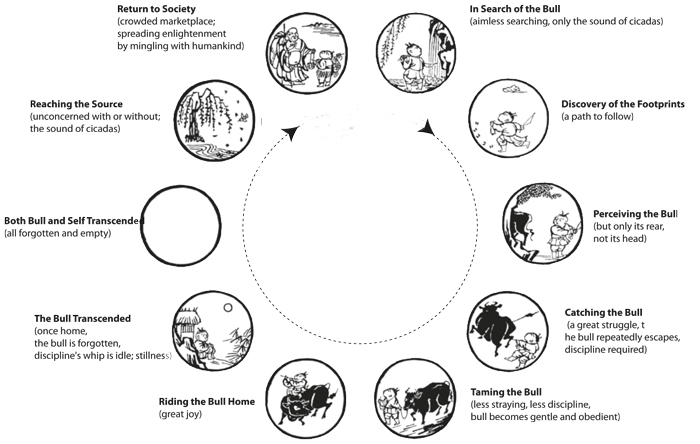Bench Trial Process
The bench trial process is a legal proceeding where a judge, rather than a jury, hears and decides the case. This type of trial is often preferred in cases that involve complex legal issues, technical details, or sensitive information that may be difficult for a jury to understand. In a bench trial, the judge takes on the role of both judge and jury, making findings of fact and conclusions of law, and ultimately rendering a verdict.
Pre-Trial Phase
Before the bench trial begins, the parties involved will typically engage in pre-trial proceedings, which include filing motions, exchanging evidence, and conducting discovery. During this phase, the parties may also engage in settlement negotiations in an attempt to resolve the case without going to trial. If a settlement cannot be reached, the case will proceed to the bench trial phase.
Bench Trial Procedure
The bench trial procedure is similar to a jury trial, with a few key differences. The trial typically begins with an opening statement from each party, where they outline their case and the evidence they will present. The plaintiff (the party bringing the lawsuit) will then present their case, calling witnesses and introducing evidence to support their claims. The defendant (the party being sued) will then present their case, calling witnesses and introducing evidence to defend against the claims.
Throughout the trial, the judge will ask questions, make rulings on objections, and ensure that the proceedings are conducted fairly and efficiently. The judge may also take notes and ask for additional information or clarification on certain points.
Evidence Presentation
In a bench trial, the parties will present evidence to support their claims, just as they would in a jury trial. This may include testimony from witnesses, documents, photographs, and other forms of physical evidence. The judge will consider all the evidence presented and make findings of fact based on the evidence.
Cross-Examination
Cross-examination is an important part of the bench trial process. During cross-examination, the opposing party’s attorney will ask questions of the witness in an attempt to challenge their testimony, credibility, or reliability. The judge will monitor the cross-examination to ensure that it is conducted fairly and that the questions are relevant to the case.
Closing Arguments
After all the evidence has been presented, the parties will make closing arguments to the judge. During closing arguments, the parties will summarize their case, highlight the key evidence, and argue why they should prevail. The judge will consider the closing arguments, along with all the evidence presented, in making their decision.
Judgment
After considering all the evidence and arguments, the judge will render a verdict. The verdict may be delivered orally in the courtroom, or it may be issued in writing at a later time. The judge’s decision is typically final, although it may be appealable to a higher court.
In a bench trial, the judge's decision is based solely on the evidence presented and the applicable law. The judge's role is to apply the law to the facts of the case and render a verdict that is fair and just. Because the judge is making the decision, the parties may be more likely to present complex or technical evidence, as the judge is better equipped to understand and evaluate such evidence.
Advantages of a Bench Trial
There are several advantages to a bench trial, including:
- Efficiency: Bench trials are often faster and more efficient than jury trials, as the judge can make decisions quickly and without the need for jury deliberations.
- Complexity: Bench trials are well-suited for complex cases, as the judge can understand and evaluate technical evidence and complex legal issues.
- Cost: Bench trials may be less expensive than jury trials, as there are no jury fees or costs associated with selecting and managing a jury.
Disadvantages of a Bench Trial
While bench trials have several advantages, there are also some disadvantages to consider:
- Lack of Jury Oversight: In a bench trial, the judge has complete control over the proceedings and the verdict. This can be a disadvantage if the judge is biased or makes an error in applying the law.
- Limited Appeal: The verdict in a bench trial may be more difficult to appeal, as the judge’s decision is based on their interpretation of the evidence and the law.
What is the main difference between a bench trial and a jury trial?
+The main difference between a bench trial and a jury trial is that in a bench trial, the judge hears and decides the case, whereas in a jury trial, a panel of jurors hears and decides the case.
Are bench trials more efficient than jury trials?
+Yes, bench trials are often more efficient than jury trials, as the judge can make decisions quickly and without the need for jury deliberations.
Can the verdict in a bench trial be appealed?
+Yes, the verdict in a bench trial can be appealed, but the appeal may be more difficult than in a jury trial, as the judge's decision is based on their interpretation of the evidence and the law.
In conclusion, the bench trial process is a unique and important part of the legal system. By understanding the advantages and disadvantages of bench trials, parties can make informed decisions about whether to pursue a bench trial or a jury trial. Ultimately, the goal of any trial is to achieve justice and fairness, and the bench trial process can be an effective way to achieve these goals.

